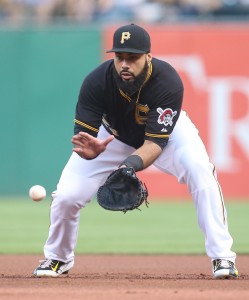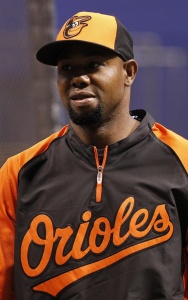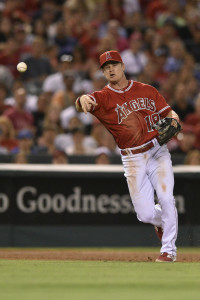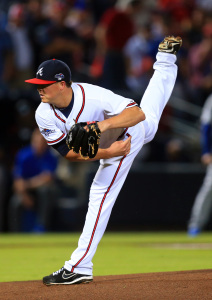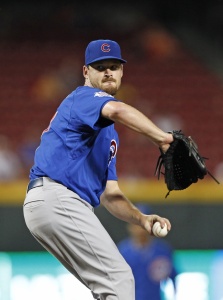There are currently about 200 players that are eligible for salary arbitration and, and the deadline to tender each of these players a contract for the 2017 season is tonight at 8pm. As we do each year at MLBTR, we’re providing a list of players whose teams could potentially elect not to tender them a contract, thus sending them into the free-agent pool earlier than expected. It should be emphasized that we’re not indicating that each of these players is likely to be non-tendered (though that’s certainly the case with some of them). Typically, we list any player for which we can envision a 10-20 percent chance of a non-tender. Many teams have already begun their 40-man maintenance by outrighting fringe players, trading semi-expensive veterans and making other cuts. For instance, both Chris Carter and Jeff Locke were on the initial iteration of this list, but both were designated for assignment earlier this week (making them each, in effect, non-tenders for their respective clubs).
I’ve broken the list down by division and included each candidate’s projected salary from MLBTR contributor Matt Swartz in parentheses as a point of reference. For a full list of each team’s arb-eligible players, you can check out Matt’s team-by-team arbitration projections.
American League West
- Angels: None
- Astros: None
- Athletics: Yonder Alonso ($4.1MM)
- Mariners: Jesus Sucre ($600K)
- Rangers: Tanner Scheppers ($1.1MM), A.J. Griffin ($1.9MM)
American League Central
- Indians: None
- Royals: None
- Tigers: Andrew Romine ($1.2MM)
- Twins: Eduardo Escobar ($2.9MM)
- White Sox: Brett Lawrie ($5.1MM), Avisail Garcia ($3.4MM)
American League East
- Blue Jays: Darwin Barney ($1.6MM)
- Orioles: Vance Worley ($3.3MM), Ryan Flaherty ($1.7MM), T.J. McFarland ($700K)
- Rays: None
- Red Sox: Brandon Workman ($600K), Bryan Holaday ($900K)
- Yankees: None
National League West
- Diamondbacks: None
- Dodgers: Louis Coleman ($1.5MM)
- Giants: Cory Gearrin ($1.1MM)
- Padres: Alexi Amarista ($1.6MM), Hector Sanchez ($900K)
- Rockies: None
National League Central
- Brewers: Scooter Gennett ($3MM), Wily Peralta ($4.4MM)
- Cardinals: Seth Maness ($1.6MM)
- Cubs: None
- Pirates: Jared Hughes ($2.5MM), Wade LeBlanc ($1.6MM)
- Reds: None
National League East
- Braves: Chris Withrow ($1.2MM), Anthony Recker ($1MM), Paco Rodriguez ($900K)
- Marlins: None
- Mets: Rene Rivera ($2.2MM)
- Nationals: Ben Revere ($6.3MM)
- Phillies: Jeanmar Gomez ($4.6MM), Cody Asche ($1.3MM)
